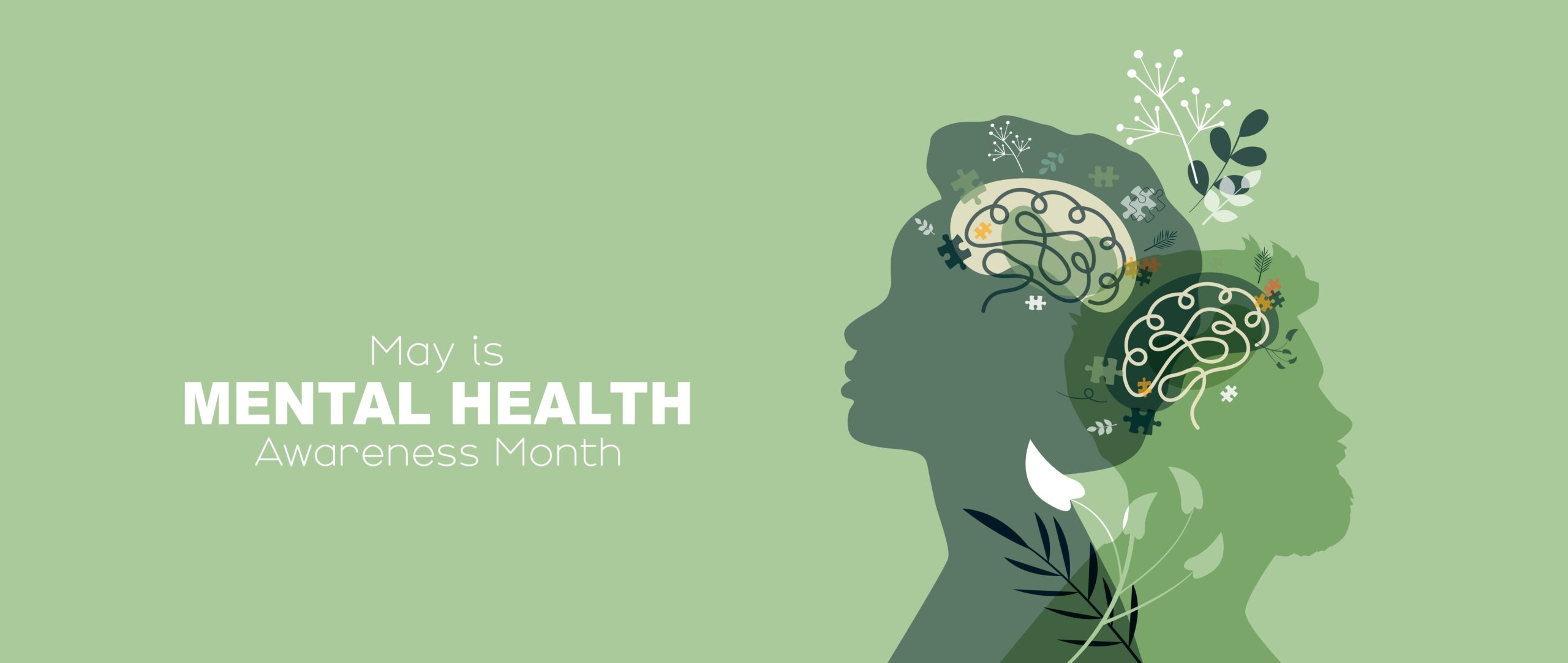Starting mental health treatment is no small feat—it’s a brave, personal decision that can be life-changing. Whether you’re feeling stuck, overwhelmed, or simply ready for change, reaching out for support is a powerful step toward a healthier, happier mind. While the journey might seem daunting, you’re not alone.
Let’s explore the first steps you can take to start this journey, building confidence and finding a path toward feeling like yourself again.
Recognizing the Need for Mental Health Support
Knowing when to seek help isn’t always easy, especially since feelings like sadness or stress can come and go. However, some signs indicate that reaching out for mental health support could be beneficial:
- Persistent feelings of sadness, anxiety, or emptiness: If these feelings don’t fade and interfere with daily life, it may be time to seek help.
- Difficulty managing daily responsibilities: If tasks or decision-making feels overwhelming, mental health treatment can provide valuable tools to help.
- Withdrawal from loved ones: Distancing yourself from friends and family may indicate that you need support.
- Overuse of coping mechanisms: Relying too much on alcohol, food, or work to cope with stress may signal deeper issues.
Remember, seeking mental health support is a strength, not a weakness. Recognizing when you need help is the first powerful step in prioritizing your well-being.
Types of Mental Health Professionals and How to Choose the Right One
With so many mental health professionals out there, choosing the right one can feel confusing. Here’s a quick guide to help you understand your options:
- Psychologists: Trained in talk therapy and behavior-based approaches to treat issues like depression, anxiety, and trauma.
- Psychiatrists: Medical doctors who can prescribe medication and may offer therapy.
- Licensed Clinical Social Workers (LCSW): Specialize in therapy, focusing on areas like trauma, grief, and family support.
- Licensed Professional Counselors (LPC): Offer therapy for issues like anxiety, stress, and relationship problems.
To make the right choice, consider the following:
- Specialization: Match the professional’s expertise to your needs (e.g., trauma, anxiety).
- Treatment approach: Some use Cognitive Behavioral Therapy (CBT), while others may focus on mindfulness.
- Comfort level: Therapy requires trust, so ensure you feel comfortable with your provider.
Choosing a mental health professional can feel overwhelming, but finding someone who aligns with your needs can make a huge difference.
Exploring Different Types of Mental Health Treatments
There’s no one-size-fits-all solution to mental health treatment. Therapy and medication are common options, but there are other approaches too. Let’s dive into some of the main types:
Therapy Types
- Cognitive Behavioral Therapy (CBT): Focuses on identifying and changing negative thought patterns.
- Psychodynamic Therapy: Explores past experiences and unconscious thoughts.
- Mindfulness-Based Therapy: Uses mindfulness techniques to help manage stress.
- Dialectical Behavior Therapy (DBT): Aids in emotional regulation and relationships.
Medication
Medication might be recommended for severe symptoms, like depression or anxiety. A psychiatrist can work with you to find the right option, making adjustments as needed.
Sometimes, combining therapy with medication yields the best results. Discussing your options with a provider can help determine the most effective approach for you.
Setting Realistic Expectations for Therapy
Therapy is a process that requires patience and commitment. Here’s what to expect:
- Change takes time: Therapy often requires weeks or months before changes become apparent.
- Consistency and honesty: Attending regularly and being open with your therapist can enhance results.
- Ups and downs: Therapy might stir up difficult feelings before leading to healing.
Understanding that progress in therapy takes time can keep you motivated and help manage your expectations.
Overcoming Barriers to Starting Therapy
Starting therapy can feel challenging for many reasons. Financial constraints, accessibility, and stigma are common barriers. Let’s look at ways to overcome them:
Financial Concerns
- Sliding scale fees: Some therapists adjust fees based on income.
- Insurance options: Check if your insurance covers mental health services.
- Community resources: Look for low-cost or free services in community centers or nonprofits.
Accessibility
- Online therapy: Platforms like BetterHelp and Talkspace make therapy accessible from home, perfect for those with busy schedules.
Stigma and Hesitation
Seeking mental health support is a positive step. Millions of people benefit from therapy each year, so there’s nothing wrong with prioritizing your mental health.
Taking these steps to overcome barriers can make starting therapy feel less overwhelming and more achievable.
Practical Steps to Begin the Process
Starting therapy may seem daunting, but having a plan can make it easier. Here’s how to get started:
- Research providers: Use directories like Psychology Today or ask trusted friends or family for recommendations.
- Verify credentials: Make sure the therapist is licensed and has expertise in areas you’d like to focus on.
- Prepare for your first session: Think about goals or topics you’d like to address. Being prepared can make your session more productive.
- Stay open-minded: Therapy may feel strange initially, but give yourself time to adjust.
These steps can simplify the process, helping you feel more in control and confident as you begin.
Building a Support System
Mental health treatment often feels more manageable when you have a support system. Here are some ways to build support:
- Involve trusted friends or family members: Share your experience with loved ones who can provide emotional support.
- Use community resources: Many communities offer support groups for people facing similar challenges.
- Explore self-help resources: Books, podcasts, and online courses can offer additional insights that enhance therapy.
Building a support network can provide encouragement, especially on difficult days.
Frequently Asked Questions (FAQ)
What if I don’t feel a connection with my therapist? Therapy is most effective when you feel comfortable. If the fit doesn’t feel right, it’s okay to look for someone who better meets your needs.
How long does it take to see progress? Progress varies, but many people notice changes after several sessions. Deep-rooted issues may take longer, so be patient with yourself.
What if I’m not sure what’s “wrong”? Therapy isn’t just for specific diagnoses. It can help with general stress, confusion, or a desire for better well-being, so you don’t need a “clear reason” to start.
Begin Your Path to Lasting Recovery
Starting mental health treatment is a significant step that reflects strength and resilience. While the journey may have challenges, each step you take brings you closer to a healthier, happier life. Embrace this path—it’s one of the most powerful investments you can make in yourself.
Aspire Recovery Center of Frisco is here to guide you through every step of your healing journey. Our team provides personalized care tailored to your unique needs. Reach out today at 469-249-9363 or visit Aspire Recovery Center of Frisco and take that powerful step forward.





















